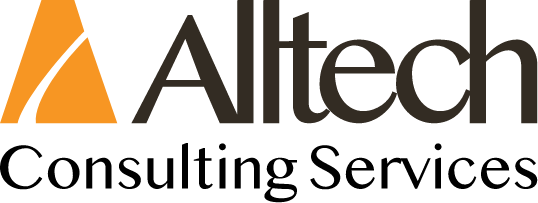DevSecOps Application Security Engineer
Job Description
Responsibilities:
- Design, implement, and manage security tools and practices within CI/CD pipelines, focusing on reuse, scalability, performance, availability, and security.
- Lead the implementation of cloud based architectures, networking, and containerization using Infrastructure as Code.
- Collaborate with teams to ensure secure software development practices in CI/CD pipelines.
- Create and improve process flows, documentation, and mockups to convey technical details.
- Integrate security testing tools (e.g., SAST, DAST, SCA, pen testing) into CI/CD workflows.
- Monitor and respond to security incidents and vulnerabilities promptly.
- Develop and maintain security policies, procedures, and documentation.
- Automate security processes to improve efficiency and reduce manual intervention.
- Partner with AppSec Expert to conduct and automate regular security assessments and audits, ensuring compliance with industry standards.
- Provide training and support on DevSecOps practices, enabling development teams to adopt and implement them.
- Utilize Azure DevOps for CI/CD pipeline management and automation.
- Develop self service capabilities to enhance team productivity and autonomy.
- Identify and measure the benefits and business value of DevSecOps improvements.
- Present innovative solutions and ideas across all levels, working as both a leader and contributor.
- Identify gaps and propose modernization opportunities in the SDLC.
- Debug and troubleshoot issues with CI/CD pipelines.
- Create and maintain dashboards and reports to monitor security metrics and CI/CD performance. Requirements:
- Proven experience as a DevSecOps Engineer or in a similar role.
- Strong knowledge of security tools (Jfrog xray, Github advanced security) and practices (e.g., OWASP, NIST).
- Experience with CI/CD tools (e.g., Jenkins, GitLab CI, Azure DevOps).
- Proficiency in Azure cloud services and infrastructure.
- Familiarity with containerization and orchestration tools (e.g., Docker, Kubernetes).
- Strong scripting skills (e.g., Powershell, Bash, BICEPS, ARM, YAML).
- Excellent problem solving and analytical skills.
- Strong communication and collaboration skills.

